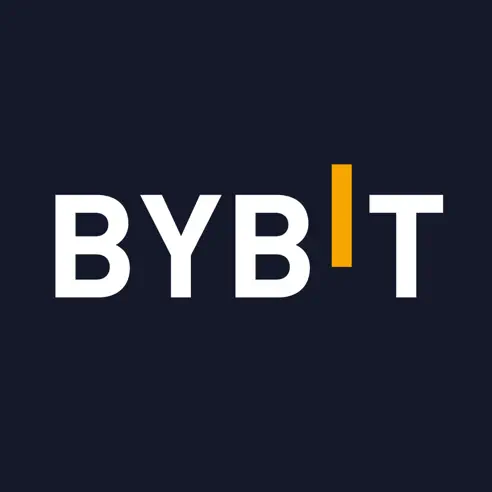T
o deliver on his campaign promise of budget transparency, Robert F Kennedy Jr. shared innovative plans to leverage blockchain at a campaign rally in Michigan. As an Independent candidate vowing to “drain the swamp”, he expressed frustration with the obscurity of how tax dollars are allocated. By publishing federal outlays on a distributed ledger, any US citizen could scrutinize spending items around the clock from their devices. This level of visibility may curb wasteful appropriations or contracts issued without competitive bidding per long-held allegations.

Challenges of such an Undertaking
While the intent is laudable, actualizing RFK Jr.’s vision poses significant difficulties. Government spending is disparate across many departments and programs, requiring coordination to homogenize reporting standards. Technologically, recording trillions of expenditure records on blockchain necessitates meticulous testing for accuracy and performance. Critics note existing oversight from the GAO and IGs already review budgets; adding public check could undermine their roles. Supporters counter more monitoring may reinforce accountability if implemented prudently versus enabling disruptive politicization of line items.
A Blueprint for Revolutionary Transparency
To succeed, Kennedy and advisors must devise a comprehensive protocol establishing governance, participant permissions and structured data formats. Private sector alliances could potentially assist with interface build out and security audits. While daunting in scale, a phased strategy starting with high-profile agencies may demonstrate proof of concept. If actualized responsibly, this blockchain-based “Follow the Money” platform could restore trust in fiscal responsibility through unprecedented access to budgetary analytics and spending proofs. RFK Jr. aims to usher a new era of participatory oversight if elected to lead the nation.














